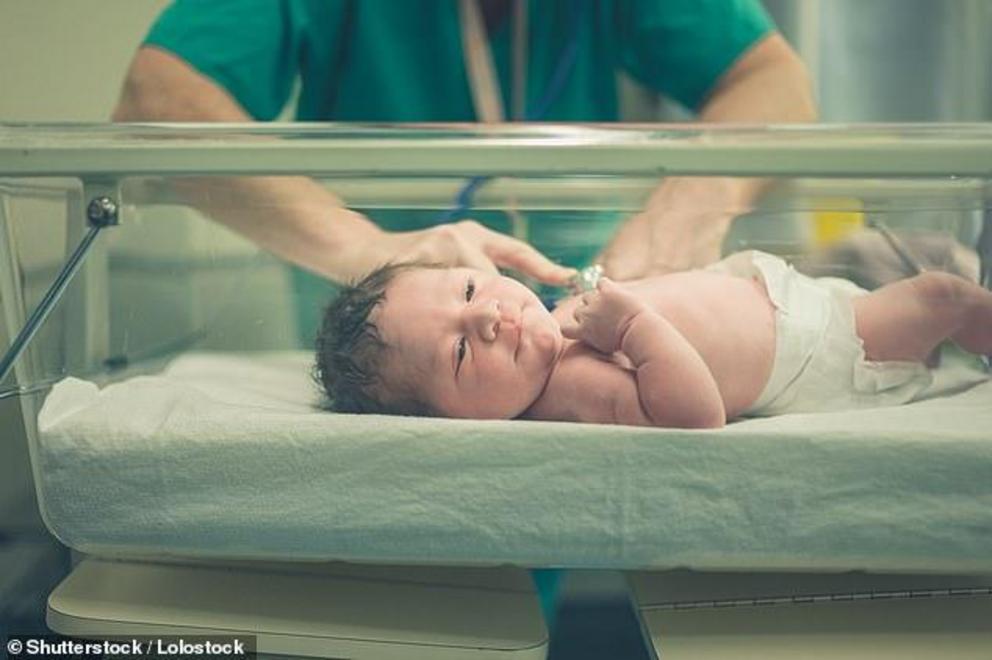C-section babies more likely to be hospitalised during first 5 years of life
Babies born by C-section are more likely to be hospitalised during their first 5 years of life because they miss out on 'good' bacteria from their mothers' birth passage, study finds
- Experts studied 7.2 million births from Australia, Denmark, England and Scotland
- A quarter were C-sections and 57 per cent of these were emergency operations
- Of the study babies, 1.5 million had serious infections before the age of five
- 32,500 of these infections were the result of the baby being born by C-section
Babies under the age of five are more at risk of serious infection if they were born by caesarean-section rather than vaginal delivery, a study has found.
Researchers led from Australia found that caesarean births mean that babies are not expose to the 'good' bacteria in their mothers' birth passage.
Such bacteria — which can also be transferred after birth via breast-feeding and through early skin-to-skin contact — help to bolster newborns' immune responses.
For the rest of this article please go to source link below.

